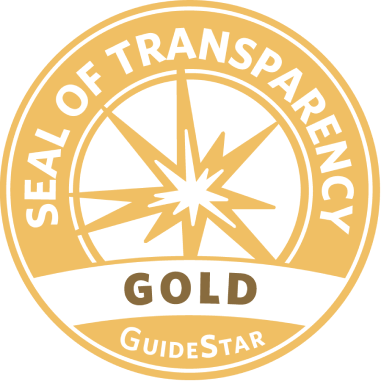In oppressive societies, silence is often imposed on women. Laws, cultural norms, and fear keep them from expressing themselves freely. But language—whether spoken, written, or shared online—has the power to break this silence. For women in Iran and Afghanistan, learning a new language, particularly English, is not just about communication; it is about survival, resistance, and reclaiming their right to be heard.
Language is more than words. It is a tool for empowerment, a means of self-expression, and a way to challenge injustice. In societies where women’s voices are suppressed, mastering language gives them the strength to fight back.
Breaking the Silence
Oppressive regimes rely on control—controlling speech, education, and even thought. Women who lack access to education or the ability to communicate beyond their immediate circles often remain trapped in cycles of abuse and isolation.
However, learning a new language helps women break these chains:
- It allows them to access information that may be censored in their native languages.
- It enables them to connect with the world and share their experiences with a global audience.
- It gives them confidence to speak up against injustices without fear of being silenced.
When a woman finds her voice, she becomes dangerous to systems that thrive on her silence.
A Tool for Advocacy and Resistance
Women who learn English or another global language gain the ability to tell their stories beyond the borders of their home countries. This is especially crucial in places where traditional media is restricted, and protests are violently suppressed.
- Social Media as a Platform – Many Iranian women protesting against mandatory hijab laws have used English to share their stories online, ensuring the world bears witness to their struggle.
- Connecting with Human Rights Organizations – Women in Afghanistan who have lost their right to education use English to communicate with international activists and seek support.
- Writing and Journalism – Learning a new language allows women to write blogs, essays, and articles that bring attention to the oppression they face.
Language becomes a form of resistance. When oppressive governments erase women from public life, their words keep them visible.
Economic and Personal Empowerment
Beyond activism, language also gives women the power to build independent lives. In societies where financial dependence on men keeps women trapped in abusive situations, learning English opens new doors:
- Remote Work Opportunities – With online jobs, women can earn an income without needing permission from male guardians.
- Higher Education – English allows women to apply for scholarships and attend universities abroad.
- Community Support – Speaking a global language helps women find support groups, legal resources, and safe spaces.
A woman with financial independence is a woman with choices. And a woman with choices is free.
More Than Just Words
Speaking up is not just about raising one’s voice—it is about making sure it is heard. Language gives women in oppressive societies the power to demand change, seek justice, and dream of a future beyond fear.
When women speak, the world listens. And when they refuse to be silent, no force can erase their stories.

